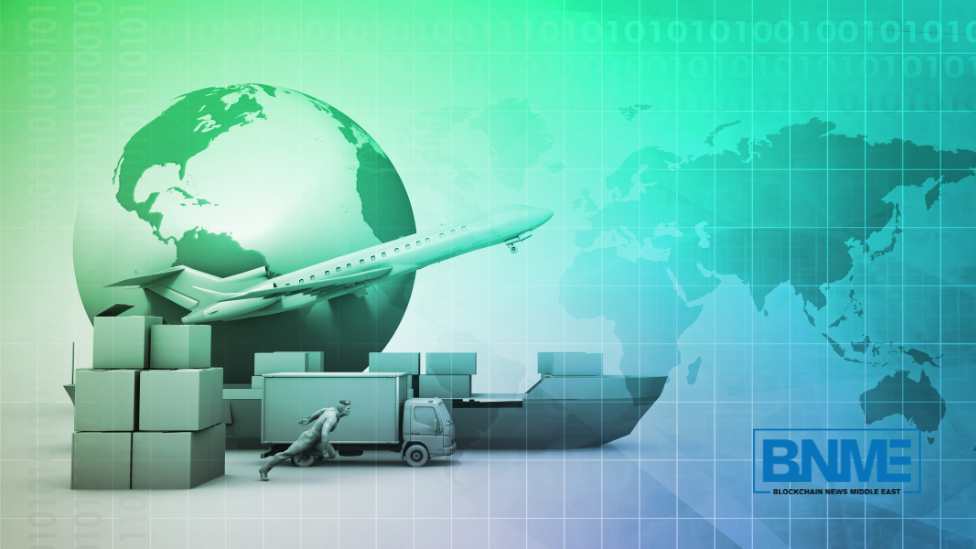There is little to no room for any error to be made in the food sector. One little error in the food supply chain might result in large expenses that affect both the financial and health elements of the situation. Blockchain technology can help prevent any issue that can have lasting effects.
Blockchain in Food Supply Chains
Blockchain enables users to establish a digital ledger of transactions and share that ledger across participants in the supply chain. Blockchain offers numerous solutions for those in the food supply chain.
Origin of Products
Blockchain can effortlessly store all information about products’ origin. For instance, by integrating RFID tags during the packaging of harvested crops, a farmer can document information regarding the environment, crop conditions, or any pesticides used. External sources can automatically record objective data, such as weather conditions during a growing season, through oracles. For companies that need to support sustainability claims, storing data on an immutable blockchain creates a foolproof audit trail. Customers who scan a QR code on the packaging to confirm the product’s provenance can use the collected data as a unique selling proposition.
Tracking Ingredients
Blockchain technology can track individual ingredients within a product. This has several advantages. For instance, in the case of food contamination, companies often incur substantial costs to prevent customers from consuming tainted products. During such incidents, time is of the essence, and the last thing you want is to be caught up in a paper trail. With blockchain, locating the contaminated ingredients and tracing the affected batches can be achieved within seconds, significantly expediting and simplifying the recall process. Consumers can easily determine whether their product is part of a contaminated batch by scanning a code on the packaging.
Verify the Safety of Consumables
Digital links can connect information such as farm origination details, batch numbers, and other pertinent information to food items within the supply chain blockchain throughout the entire supply chain from source to destination.
Every piece of information captured during each transaction undergoes validation by all stakeholders in the network to establish a consensus. Once validated, each block is added to the entire chain of transactions, creating an immutable and permanent record.
End consumers can then ascertain the safety of the food by tracing the food items through the supply chain blockchain. With blockchain, consumers can swiftly determine whether to purchase a specific food item.
Sustainability
The process of globalization has given rise to complex supply chains involving numerous stakeholders, significantly impacting the environment. Managing these complex supply chains is already challenging. Hence, there is a pressing need to enhance their sustainability. Blockchain technology is a beneficial tool as it provides increased visibility across the supply chain. The data stored on the blockchain for tracking purposes serves as a valuable resource for companies aiming to produce, source, ship, and distribute their products more sustainably.
Final Words
Blockchain provides numerous solutions for solving problems major stakeholders can encounter. Some of these solutions include tracking ingredients, product origin verification, etc.





























1 thought on “Blockchain Solutions for Food Supply Chain”
Amazing article! It was both engaging and educational. Keep up the good work.